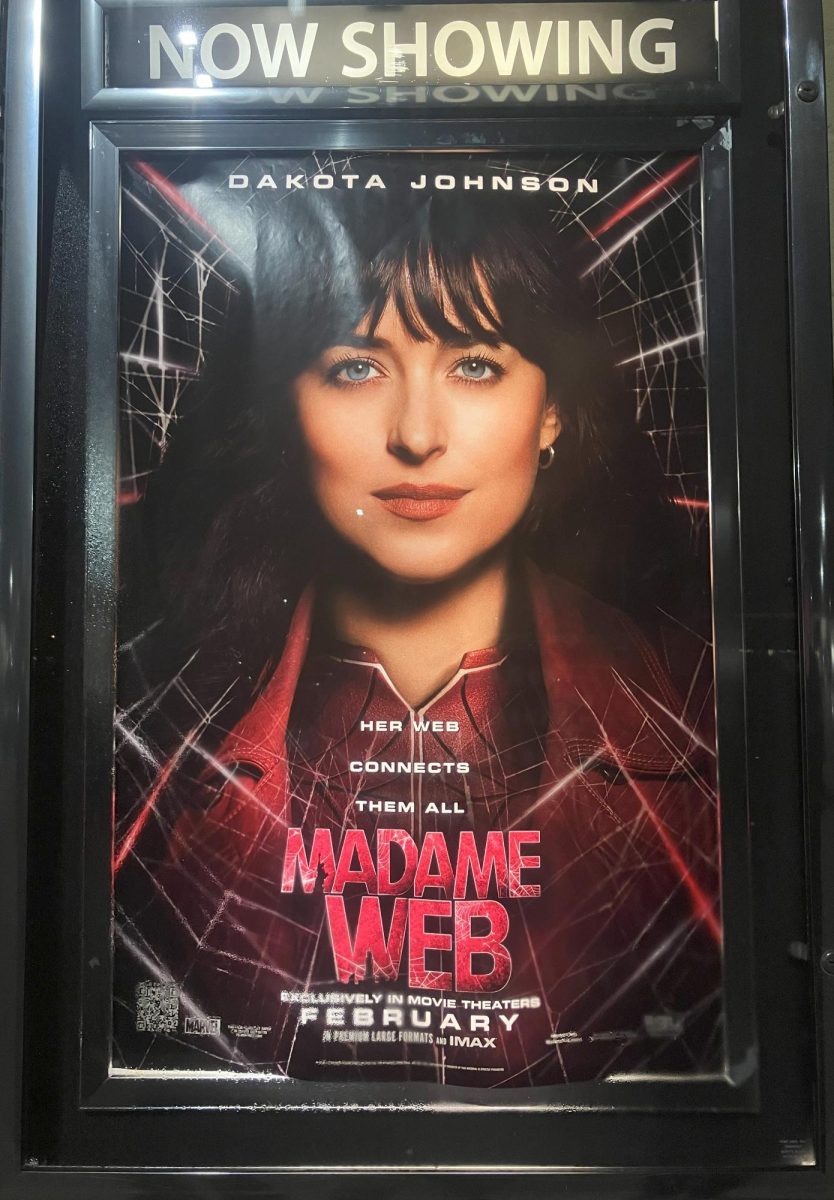During my senior year of high school, my English teacher told our class about when he realized his mortality: the moment he understood that he would never read every book that he wanted to read.
That’s always been something I’ve remembered about him and about that year, which was when I matured into my passion for reading.
It started the summer before senior year with Jack Kerouac’s “On the Road,” when I dreamt of leaving on some wild and reckless cross-country hitchhiking adventure. Since then, one thing has been true: I’ve been reading — insatiably at times, occasionally at
others — but always with a book on my mind, the characters imagined and molded to life, my perspective growing.
The hardest book I’ve read is “Ulysses.” Or maybe it’s “Crime and Punishment.” My favorite writer is Kerouac. Or maybe it’s Ken Kesey.
As you can see, I simply can’t decide on many of my favorite things in literature, but I guess that’s what I love — there is always something for me to think about. It’s like a conversation that has been going on for hundreds of years, the topics of discussion changing with the times.
The conversation of literature will continue on long after we’ve shuffled off this mortal coil. That’s one of the few things I know, about anything, in life. Perhaps that’s why it’s the sense of curiosity that swoons with an opening sentence and lasting sense of accomplishment that comes with turning that final page that I crave.
A wall lined with faded spines of books with yellowing pages from another age is an invitation to investigate; I want to start immediately and set everything else aside. It lets my worries go away, lets all of the pressures of tomorrow dissolve.
I love to sit in class and listen to a whole room full of people discussing a book: what they liked or didn’t like; what stuck out to them. Every book means something different to everyone who reads it, and what we experience as a part of reading is something unique. We attempt to communicate that experience, but a lingering sense that there is something that goes unsaid remains.
Reading a book is being a part of that eternal human story, the unending series of generations superceding one another, of the pace and course of life changing.
There are few things about our existence we could call human truths, but the spark and drive of literature and storytelling is something that seems to be constant. It’s the spirit of imagination and creation that keeps it going, some urge to re-invent the past, re-imagine the future and relate honestly the present.
Lately, I’ve been thinking a lot about what Holden Caulfield’s former teacher, Mr. Antolini, tells Holden: “Many, many men have been as troubled morally and spiritually as you are right now. Happily, some of them kept record of their troubles. You’ll learn from them — if you want to. Just as someday, if you have something to offer, someone will learn something from you.”
J.D. Salinger sums up all my emotions about literature more succinctly than I ever could. I think of that moment in “The Catcher in the Rye,” and it makes me shiver. It’s so brutally honest about the human condition, our heaviness and lightness of becalming and our attempts to learn from each other through books.
Jordan Jacobo
Columnist Jordan Jacobo can be reached at [email protected]






